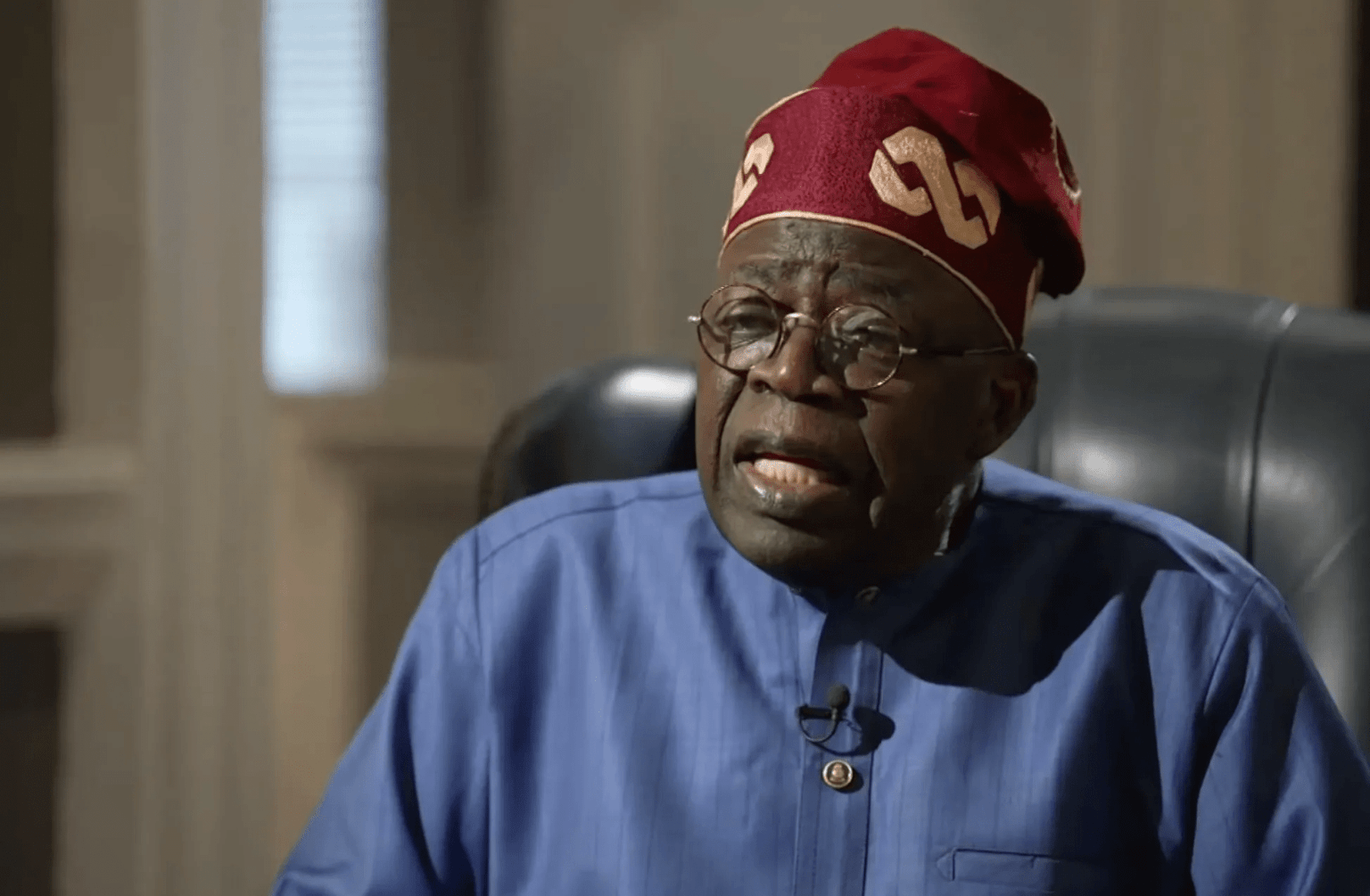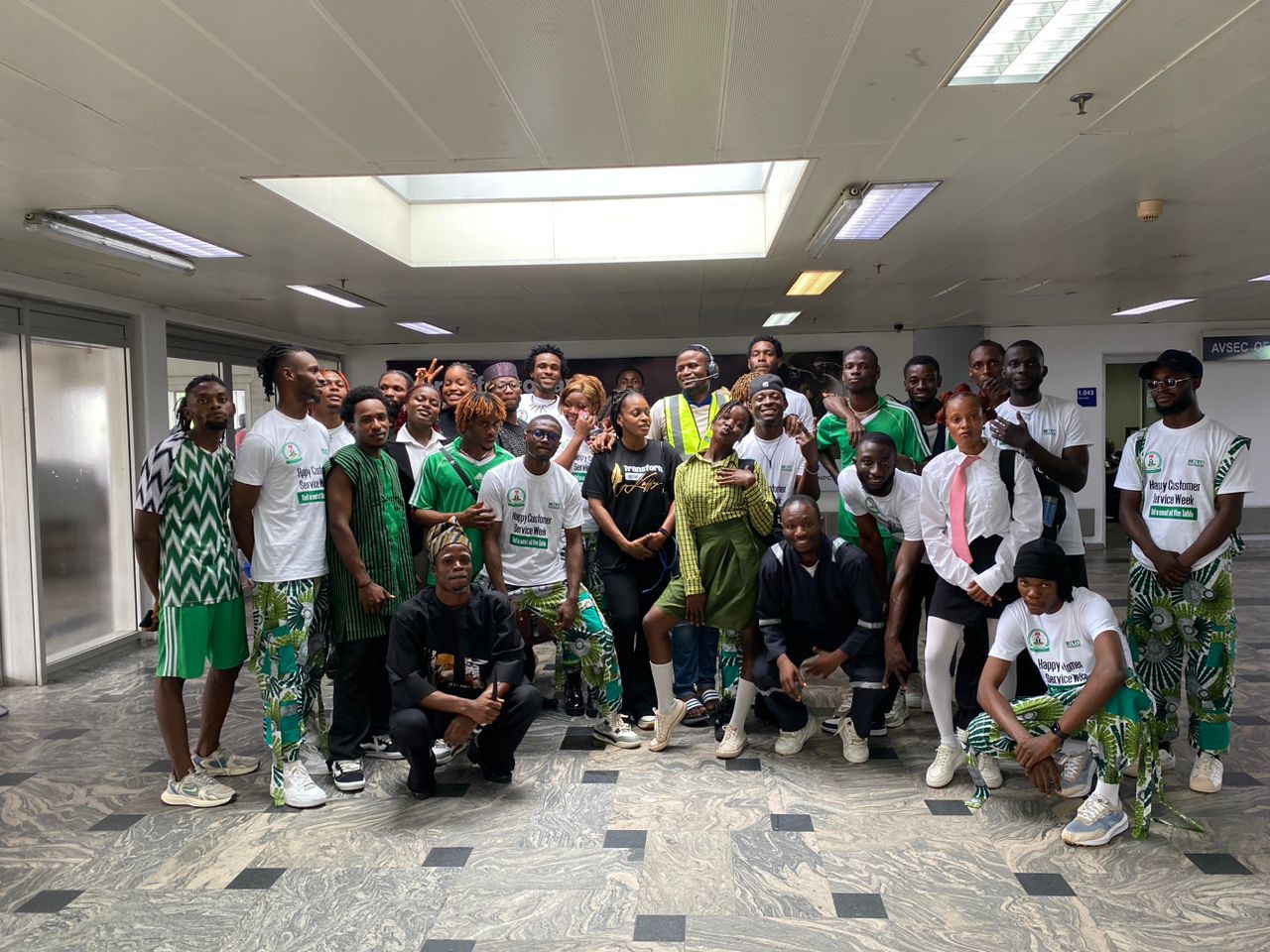President Bola Tinubu has called for a comprehensive reform of the global financial architecture governing Africa’s mineral wealth, urging the continent to take greater control of its resources and value chains.
Tinubu, represented by Vice President Kashim Shettima, made the call at the Second Africa Minerals Strategy Group (AMSG) High-Level Roundtable on Critical Minerals Development in Africa, held on the sidelines of the 80th United Nations General Assembly in New York.
The President stressed that African nations must finance their own mineral sectors and safeguard sovereignty by acting collectively in global supply chains.
“We must take the bull by the horns in financing our future. With sovereign funds, blended vehicles, and innovative tools like the Africa Mineral Token, Africa shall finance Africa,” Tinubu said.
He outlined four imperatives to unlock the continent’s mineral economy: moving up the value chain through beneficiation and green manufacturing; consolidating geological knowledge under African ownership via AMREC and PARC; accelerating government-led exploration and mapping; and strengthening collaboration across the continent.
Tinubu also cited examples of countries already restricting raw mineral exports, including Zimbabwe’s lithium ban and Gabon’s planned halt of manganese exports by 2029, noting that Nigeria is pursuing similar reforms under the Renewed Hope Agenda.
The President commended Nigeria’s Minister of Solid Minerals Development, Dr. Dele Alake, who chaired the roundtable, for steering the continent towards a “mineral-led renaissance.”
UNDP’s Regional Director for Africa, Ahunna Eziakonwa, cautioned African leaders to ensure that partnerships deliver value, technology transfer, and jobs, rather than perpetuate exploitation. The European Union Commissioner for International Partnerships, Jozef Stkela, noted that the EU had signed 14 strategic raw materials agreements, including four with African partners, under its 2024 Critical Raw Materials Act.
On the sidelines, Shettima also attended a roundtable with the Business Council for International Understanding and leading Nigerian conglomerates, where he assured investors of Nigeria’s economic turnaround under Tinubu’s reforms. He later met Austrian Chancellor Christian Stocker, with both leaders agreeing to deepen bilateral cooperation.



